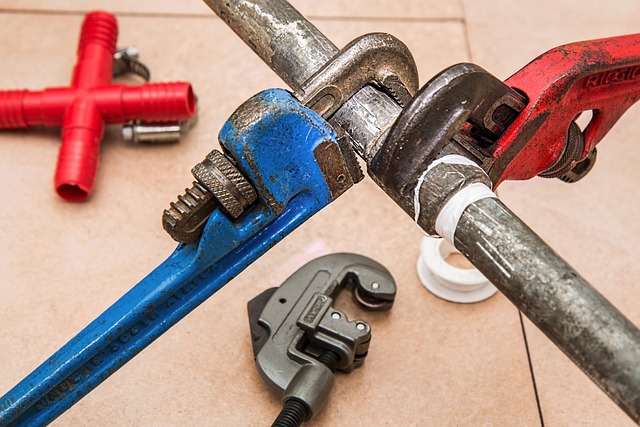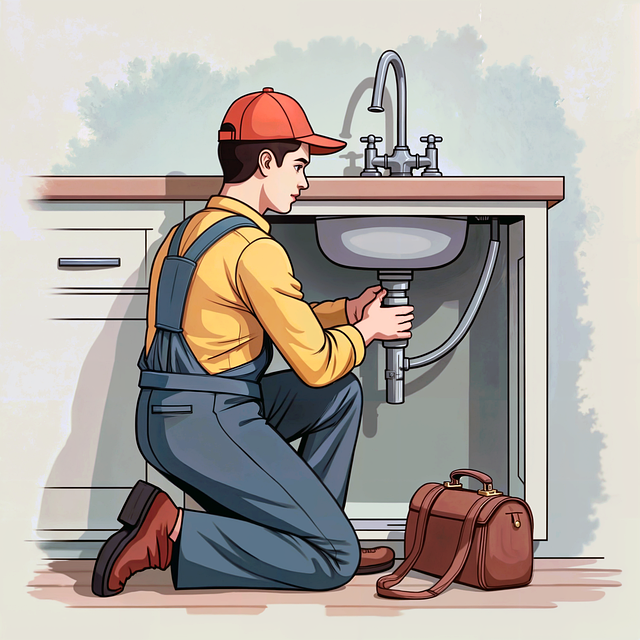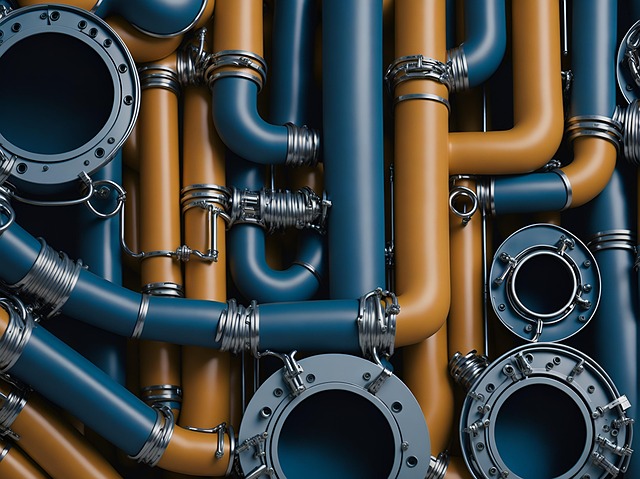DIY plumbing projects may seem appealing for cost savings, but material and labor expenses can quickly escalate. Comparing local professional quotes reveals accurate market rates, including repair complexity and emergency fees. Homeowners can benefit from professional services' efficiency and reliability, preventing future damage and costly emergencies. Conducting research on tools and materials is crucial for DIYers to understand budget implications, while professionals offer peace of mind through fair pricing based on project complexity.
When tackling plumbing projects, weighing DIY costs versus professional help is crucial. This article guides you through the decision-making process with a comprehensive plumbing cost comparison, highlighting the advantages and disadvantages of each approach. We’ll equip you with knowledge on tools, materials, and equipment needed for DIY projects, as well as teach you how to obtain local quotes, compare rates, and decipher hidden costs like material expenses, labor fees, and emergency charges. Understanding market rates will empower you to make informed decisions based on experience and reputation.
- Plumbing Cost Comparison: DIY vs Professional
- – Advantages and disadvantages of each approach
- – Tools, materials, and equipment needed for a DIY project
Plumbing Cost Comparison: DIY vs Professional

When comparing plumbing DIY versus professional help, understanding the plumbing cost comparison is crucial. While do-it-yourself (DIY) projects can seem appealing due to their potential cost savings, they often underestimate the total plumbing costs. Material costs for supplies can add up quickly, especially for larger jobs. Moreover, pricing factors such as complexity of repairs, emergency charges for sudden issues, and market rates in your area significantly influence overall expenses.
Obtaining local quotes from professionals offers a clearer picture of current market rates. Plumbers consider these factors when setting their prices, ensuring quality work with the right materials. Emergency plumbing services, for instance, often come at a premium due to the after-hours or weekend labor involved. Comparing these costs alongside DIY material expenses reveals that professional help can be more cost-effective in the long run, avoiding potential damage and ensuring efficient, reliable service.
– Advantages and disadvantages of each approach

When considering a plumbing project, whether to tackle it yourself or hire professionals has significant implications. DIY approaches offer advantages like cost savings, control over the process, and the satisfaction of completing a task independently. Individuals can compare local quotes, negotiate material costs, and avoid potential markups often associated with professional services. However, there are drawbacks. Plumbing projects often involve complex issues that require specialized knowledge. Mistakes can lead to further damage and costly repairs. Emergencies may arise, but DIY solutions might not address them promptly, potentially incurring emergency charges on top of the initial plumbing cost comparison.
On the other hand, professional plumbers bring expertise and experience to the table. They can accurately diagnose problems and offer tailored solutions, ensuring work is done efficiently without unnecessary expenses. Local market rates for plumbing services reflect the skills and time invested. While this might be more expensive upfront, it guarantees quality workmanship and peace of mind. Professional help eliminates the risk of causing further damage or needing immediate emergency repairs, saving potential future costs.
– Tools, materials, and equipment needed for a DIY project

When considering a DIY project, especially in areas like plumbing, understanding the tools, materials, and equipment needed is crucial for an accurate plumbing cost comparison. The initial outlay for these can vary widely based on the scope of work and market rates in your local area. Gathering quotes from multiple professionals can offer valuable insight into typical pricing factors, including material costs and any potential emergency charges. This research is essential before embarking on a DIY endeavor to ensure you’re prepared for both the time and financial commitment.
Plumbing projects often require specialized tools and materials that can add up quickly. From pipes and fittings to fixtures and tools like pliers, adjustable wrenches, and pipe cutters, each item plays a vital role in the job’s success. Additionally, factoring in the cost of safety gear, such as gloves and eye protection, is essential for any DIY enthusiast. Keeping these costs in mind can help you decide whether tackling the project yourself is more economical than seeking professional assistance, especially when considering local quotes and the potential for unforeseen issues that might arise.






